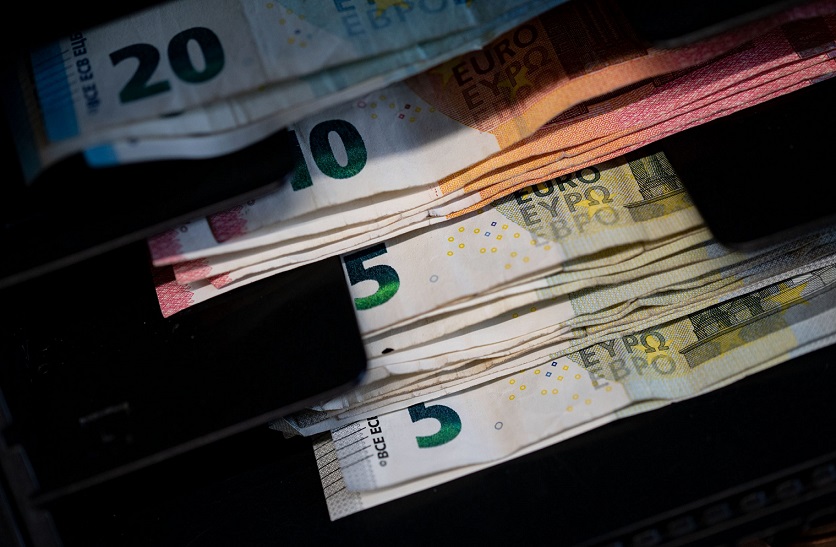The war in Ukraine, coupled with Western financial and trade sanctions against Russia in response, are adding to Belgium’s inflation pressures, according to the most recent report from the National Bank of Belgium (NBB).
“Just as there were some signs of waning headwinds, with the global number of COVID-cases coming down from the Omicron peak and supply chain bottlenecks apparently easing, a war broke out with the Russian invasion of Ukraine,” the report lamented.
The war and resulting sanctions are likely to affect the global and especially the European economic outlook through bottlenecks in global supply chains – which occured due to the pandemic and are now being seen again – along with rising energy and commodity prices and potential amplification effects in financial markets.
Related News
- Long-term damage: Belgian companies hit hard by supply issues
- Russian sanctions to have low but not insignificant impact on Belgium
“In its March 2022 interim report, the OECD estimates that global economic growth could be more than one percentage point lower this year than was projected before the conflict,” NBB’s report warned.
While the euro area economy grew by 0.3% in the fourth quarter of last year (bringing annual growth in 2021 up to 5.3%), the outlook for the future is now uncertain in the face of the war.
Belgian businesses feeling the effects
Belgian companies have already been hit hard by supply chain issues, and projections are being downgraded.
“The Ukraine war will only weigh on the end of the quarter, whereas growth at the start of the year was still pushed up by the improved health situation and supply chains,” NBB wrote.
But while Belgian inflation forecasts have been revised upwards, the country is still doing better than many others in the bloc.
“In Belgium, economic activity expanded by 0.5% in the fourth quarter, somewhat stronger than euro area growth,” NBB reported.
“Growth was also higher than envisaged in the previous Business Cycle Monitor because the direct impact of the new wave of coronavirus, along with the restrictions it brought with it, were less severe than anticipated.”

